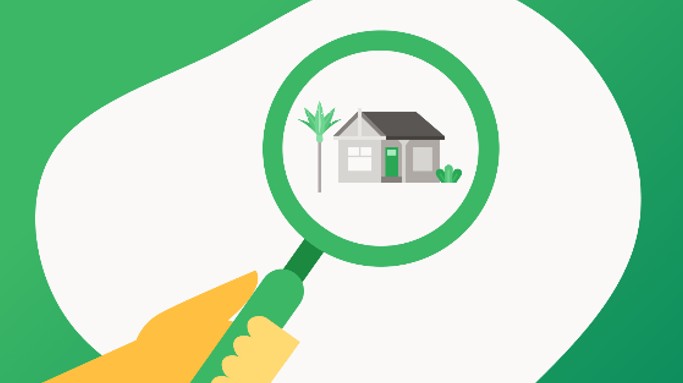Property Inspection Tips for Rural Landlords
April 2025

Why Routine Inspections Matter
Routine inspections are about more than just checking the property’s condition. They help landlords maintain property standards, ensure tenant satisfaction, and catch potential issues early.
And yes, landlords must provide a clean and habitable property, however property inspections also provide an opportunity to check that tenants are respecting the property and not using the rental property for any unlawful purpose.
Here in New Zealand, property inspections must follow guidelines under the Residential Tenancies Act to respect tenant privacy and legal requirements.
Tips for conducting property inspections:
- Following your due diligence process with your new tenant, you must have a signed Tenancy Agreement to record the terms of the tenancy. This is a mutually beneficial agreement providing a baseline for future inspections. As well as providing your tenant with an Insurance Statement and Healthy Home Compliance statements, it is highly recommended that a full home check including a Meth use check is completed to provide a demarcation between outgoing and incoming tenants.
- Schedule regular inspections – schedule for every three to four months to balance oversight with tenant comfort.
- Provide the required notice to tenants – New Zealand law requires you give at least 48 hours’ notice before an inspection. Provide notice by email or text so there is a record and stick to the agreed-upon inspection time.
- Create a comprehensive inspection checklist – key areas to include are the kitchen, bathroom, living areas, and any outdoor spaces. Specific items to check include smoke alarms, plumbing fixtures, and any signs of leaking, wear or damage.
- Document the property condition with photos and notes – this helps provide a record of the property’s condition over time and will help if any disputes with tenants over damage or maintenance at the end of the lease.
- Check for Healthy Homes compliance – all New Zealand properties must comply with Healthy Homes Standards for heating, insulation, ventilation, moisture control, and draught-stopping. Healthy Homes compliance helps avoid penalties and ensures tenants have a comfortable, healthy environment.
- Engage tenants and address their concerns – showing interest in tenant concerns during inspections promotes a positive relationship and can lead to longer tenancies.
- Follow up on maintenance and repairs promptly – helps prevent minor issues from becoming major problems, helps build trust and prevents more expensive repairs in the future.
For more information, guides and checklists on the above and more relating to tenancies in New Zealand visit www.tenancy.govt.nz.
